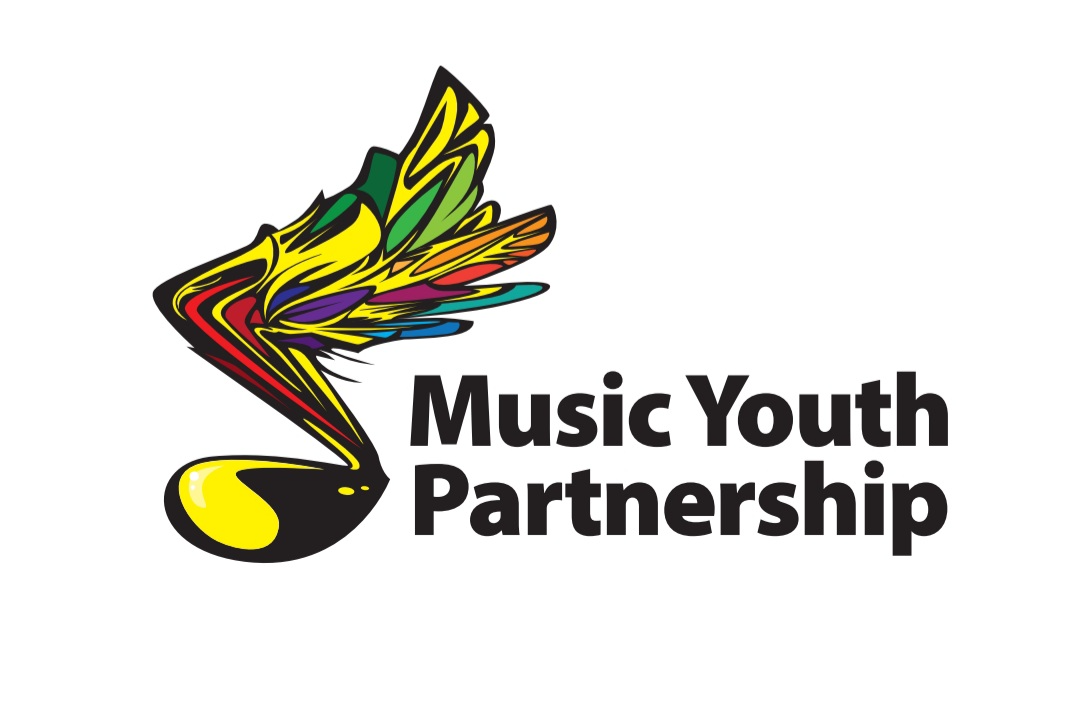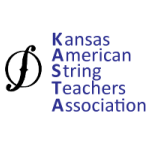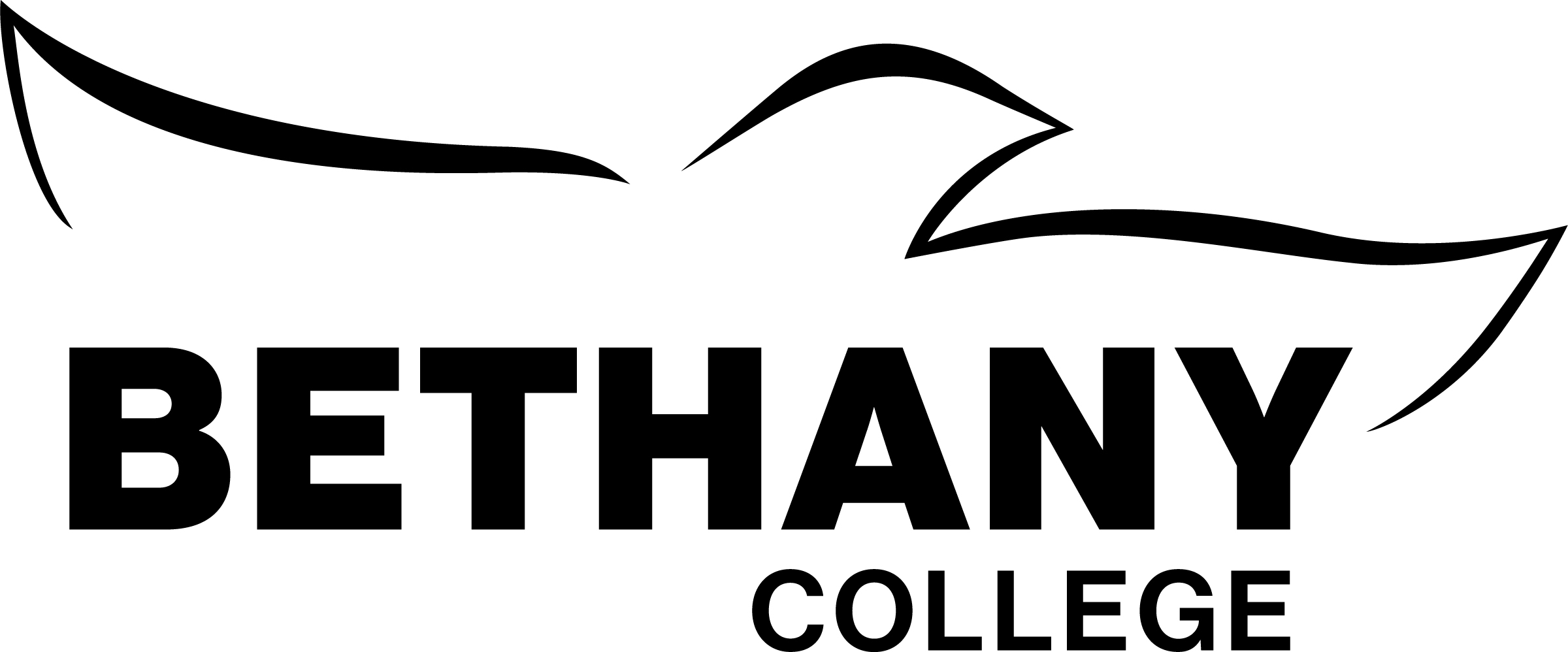

Advocacy for music education, for your music program, has always been an important component of our jobs as music teachers. Stakeholders in our communities (children, parents, administration, school board, and school supporters) must be guided to understand the importance and value of a quality music education program, as well as see it in action. we know that music education programs in schools offer a multitude of invaluable benefits for students ranging from collaboration and communication skills, creativity, self-expression, and leadership to improved academic outcomes. The current educational climate makes it even more important for every music teacher to address because school districts nationwide, music education programs are being reduced or eliminated altogether.
As our state begins to address the Every Student Succeeds Act (ESSA), the decisions of our elected officials and other key decision makers must consider the impact and importance of music education programs. This will require clear evidence observed in our school music programs and overwhelming support from our advocates. The new State Music Standards will help guide teachers in moving music in our schools to greater levels of impact in student learning and enable increased relevance in our curricula.
Over the past decade KMEA’s Co-Advocacy Chairs, Dr. Frederick Burrack and Dr. Phillip Payne, have exposed challenges that occurred as a result of economic downturn in our state enabling the Kansas Department of Education to communicate with school administration of the importance of maintaining the music positions in our schools. Through a variety of surveys over several years, the Advocacy Committee has provided valuable information to the KMEA leadership as to job satisfaction, occupational stresses, and current state of the profession. We wish to thank them for the contribution to advocacy as they step down from their position and encourage new leadership to follow in their footsteps to address the needed advocacy for music education in our state.
The next steps include (1) populating the new KMEA advocacy website with useful information relevant to music teachers in our state; (2) providing support for music teachers still facing challenges due to budget and personnel cuts; and (3) providing leadership for music educators, administrators, and elected officials in addressing music education as ESSA is initiated in our state. Together, music educators can influence the state and local conversation about music’s role in delivering an outstanding education to all students.























